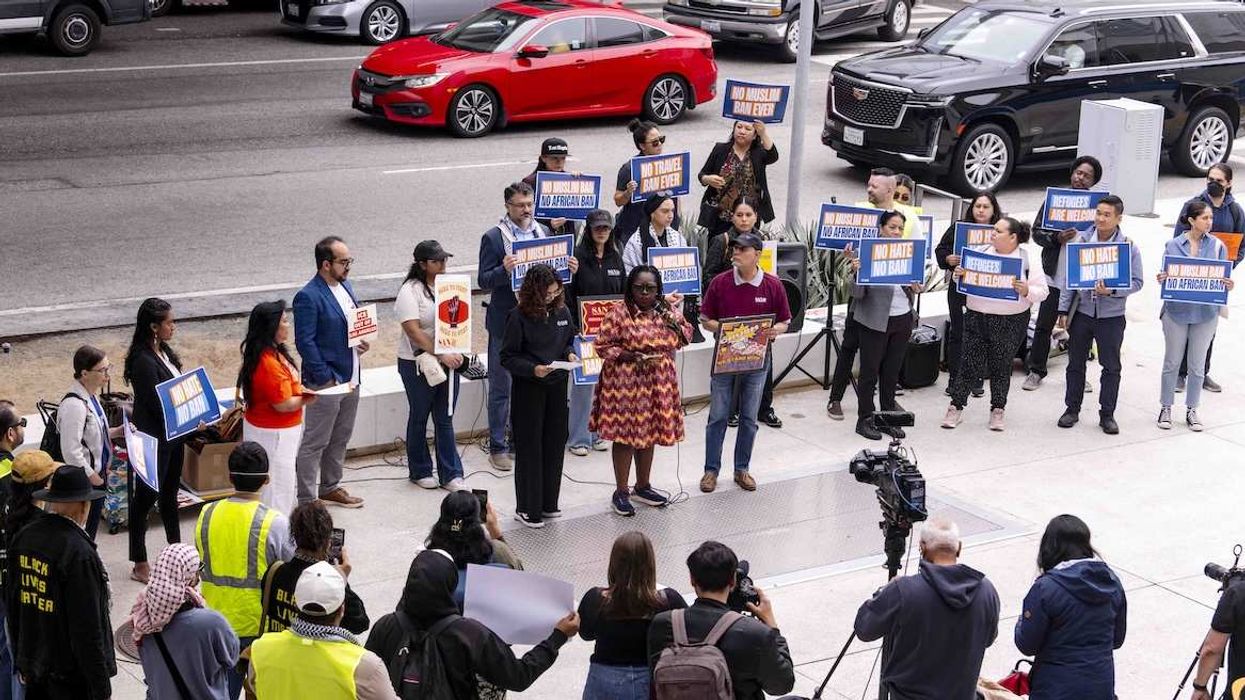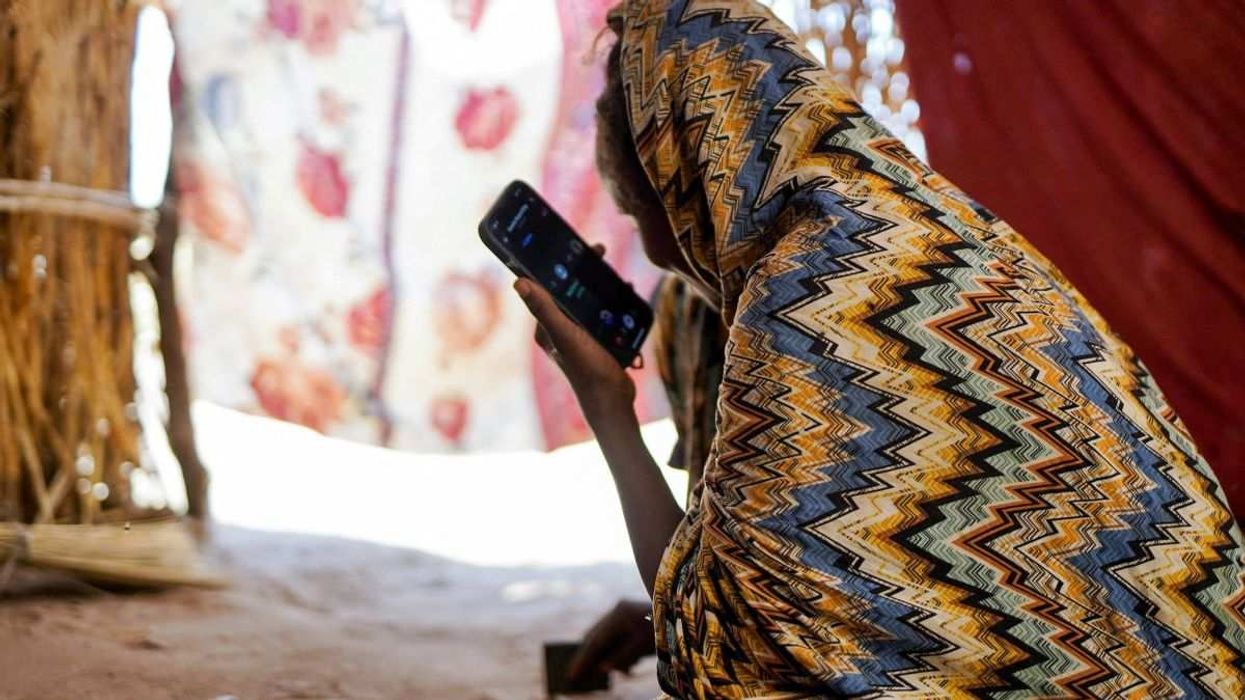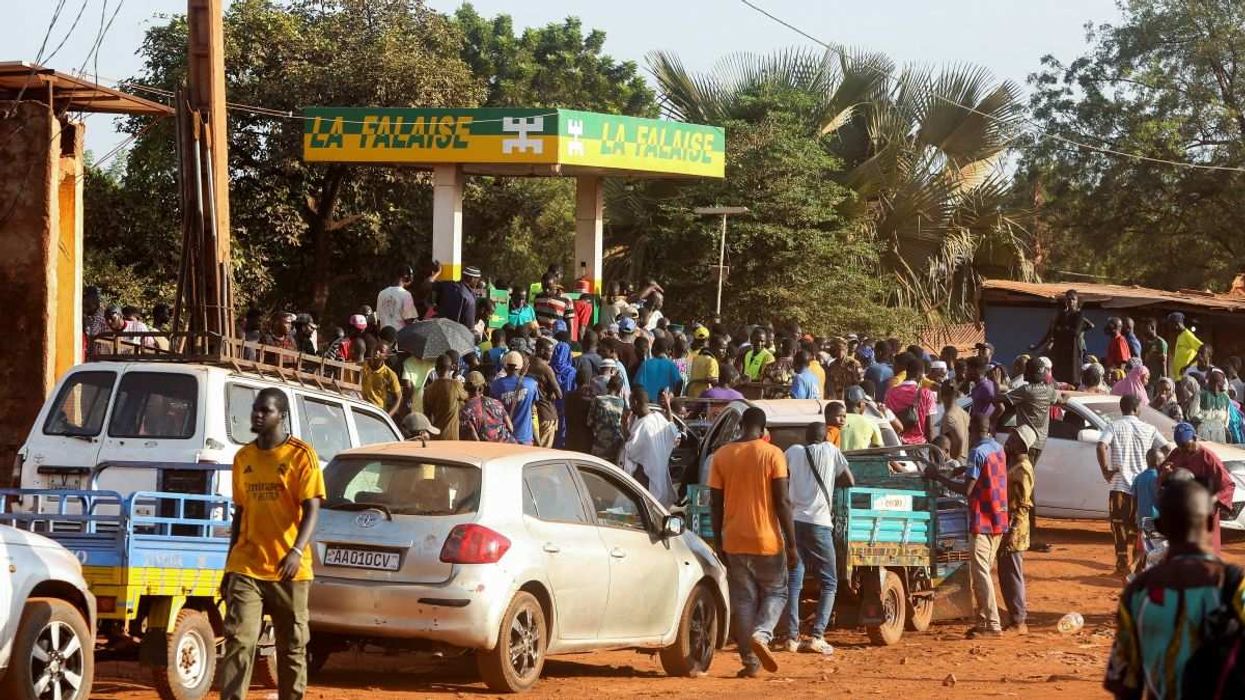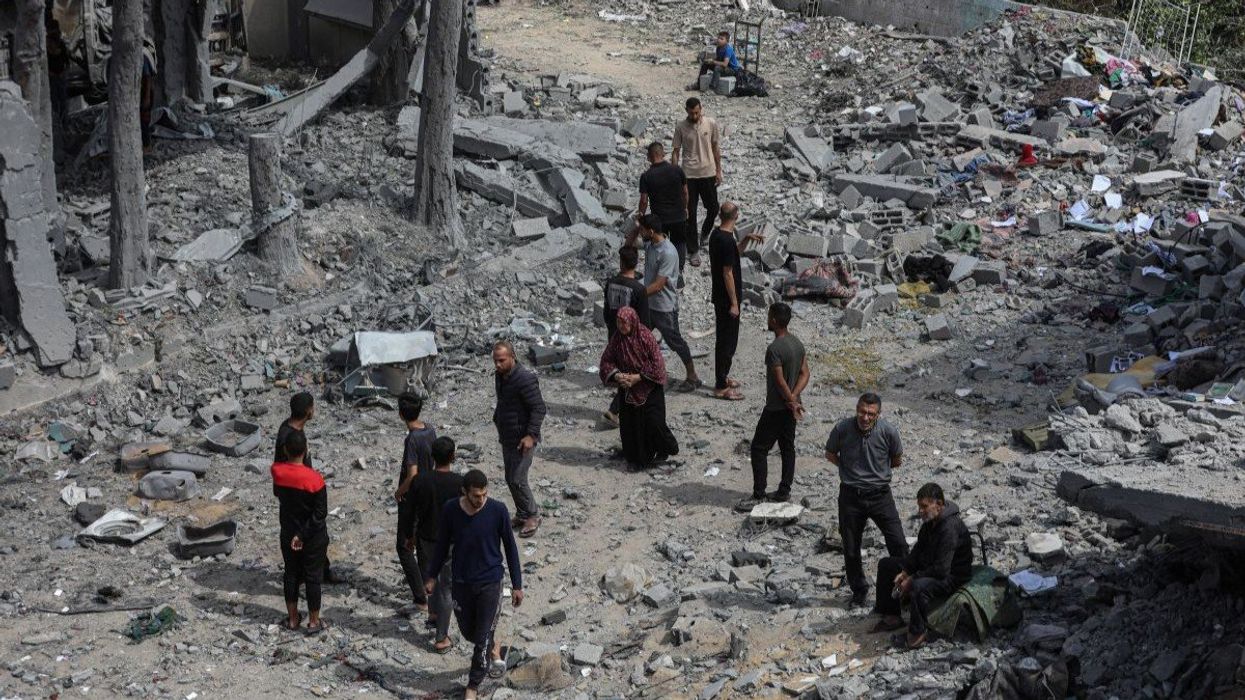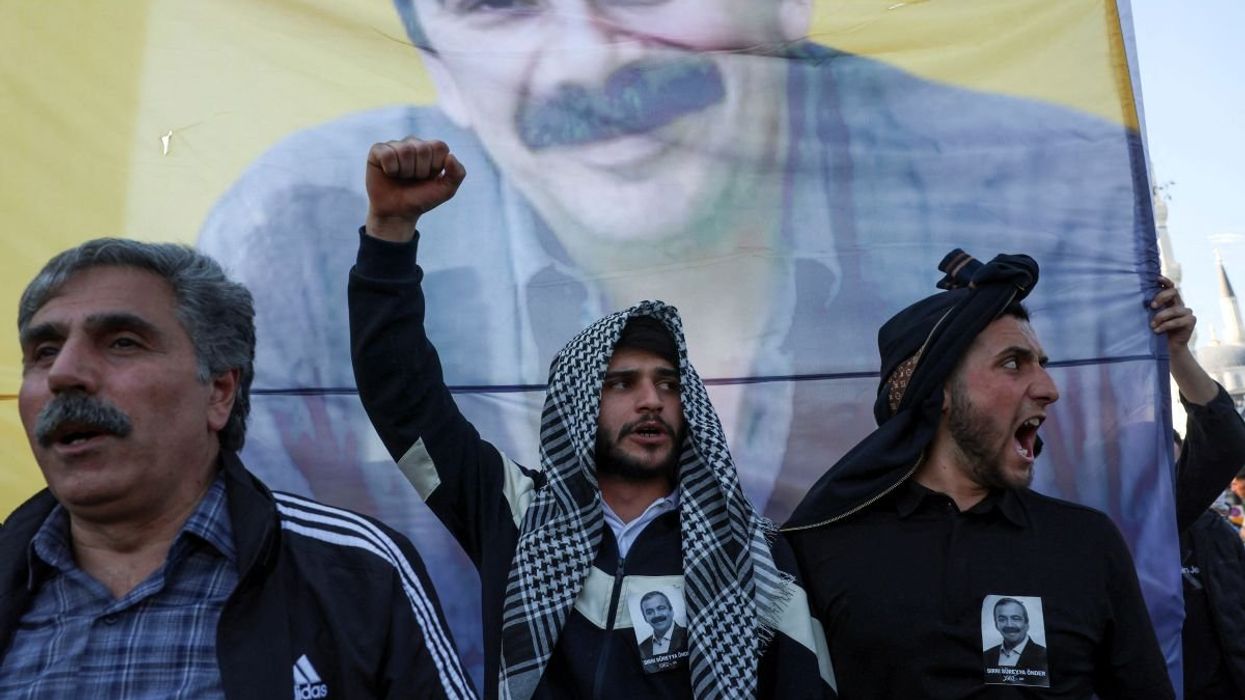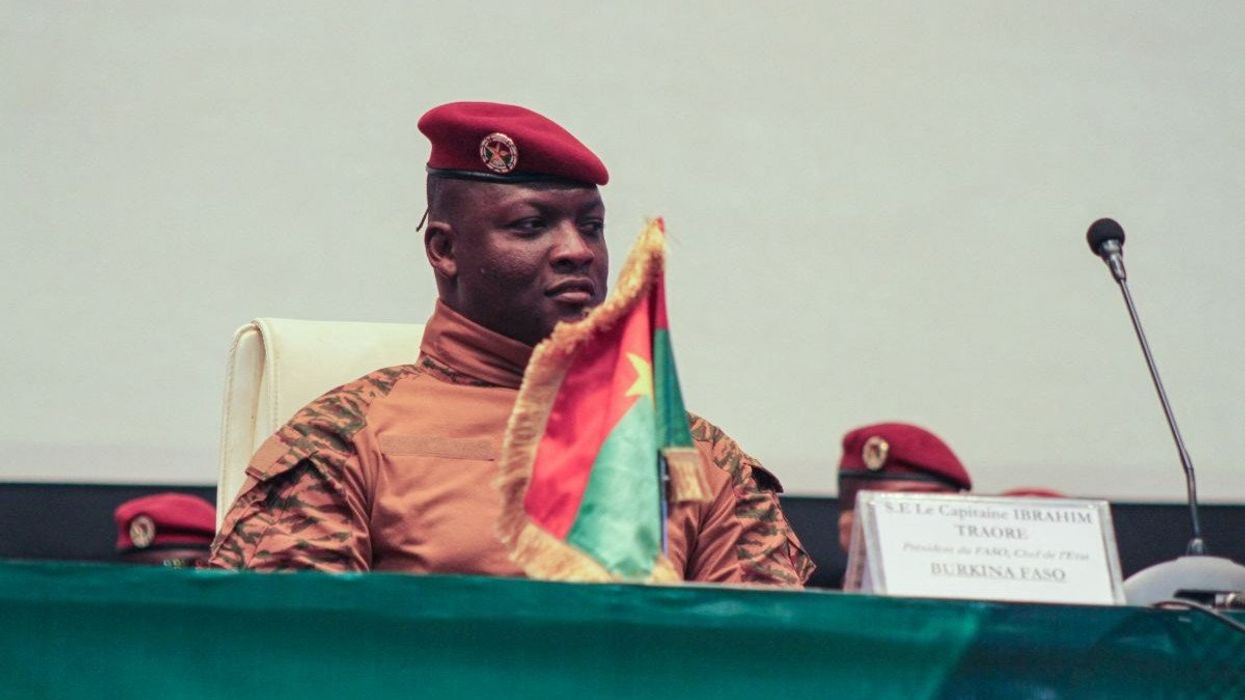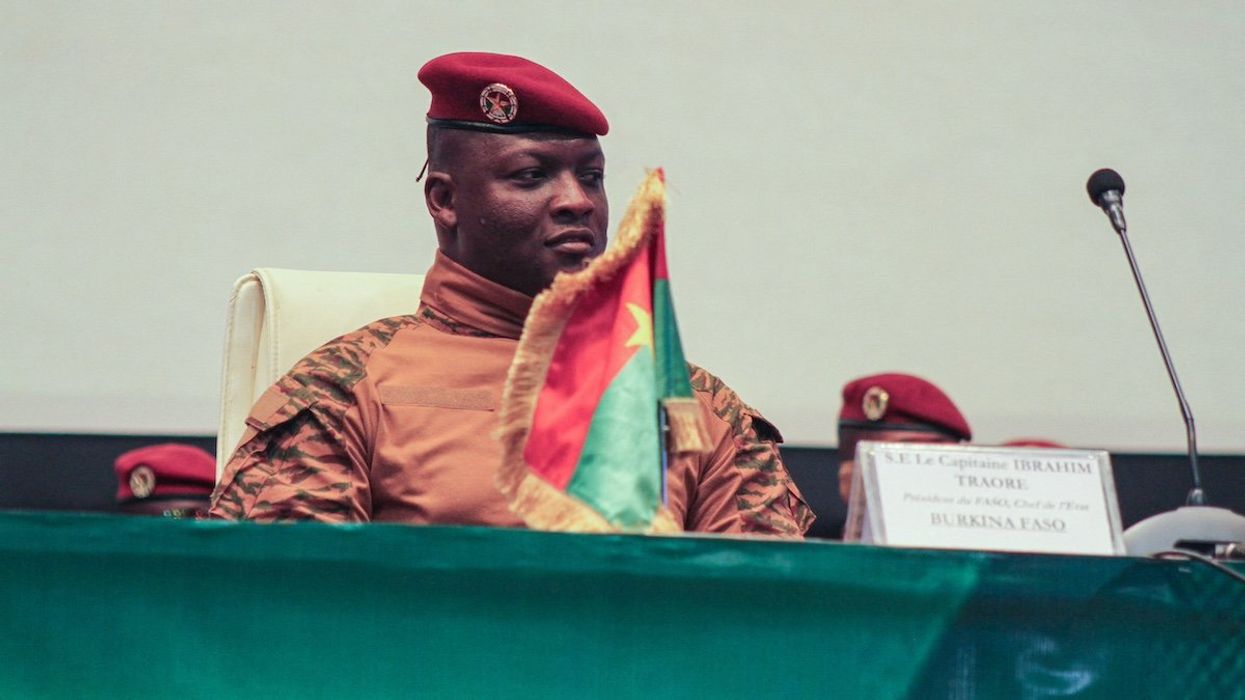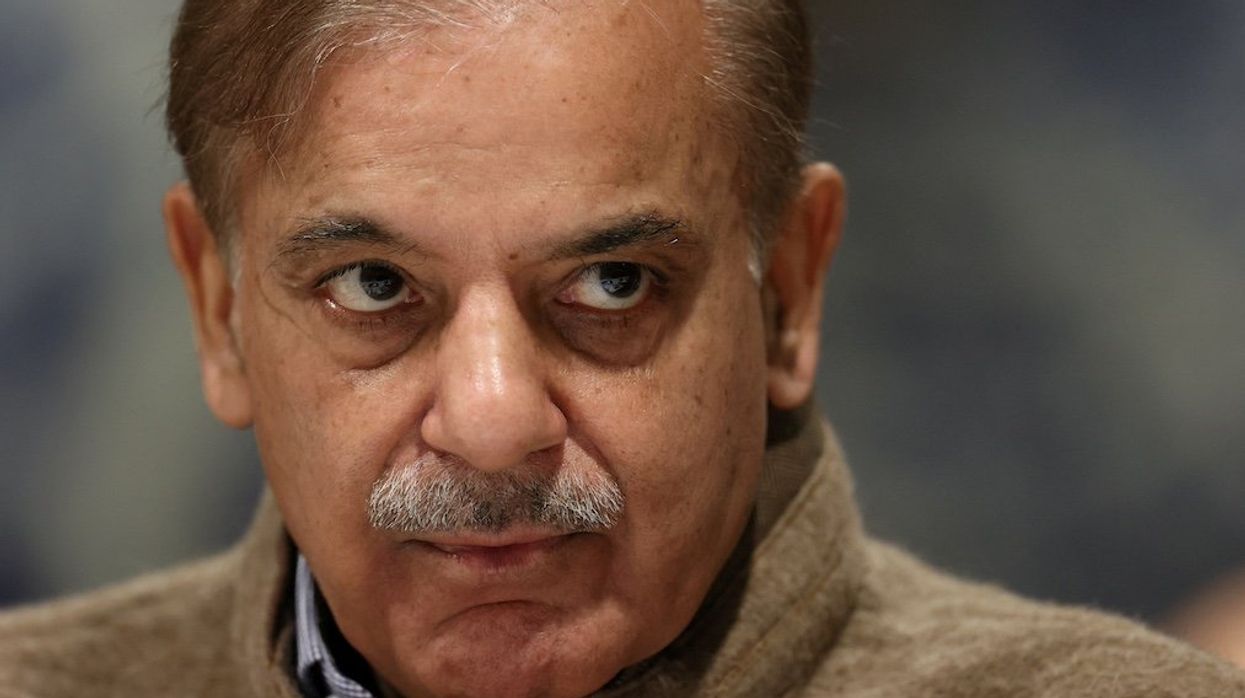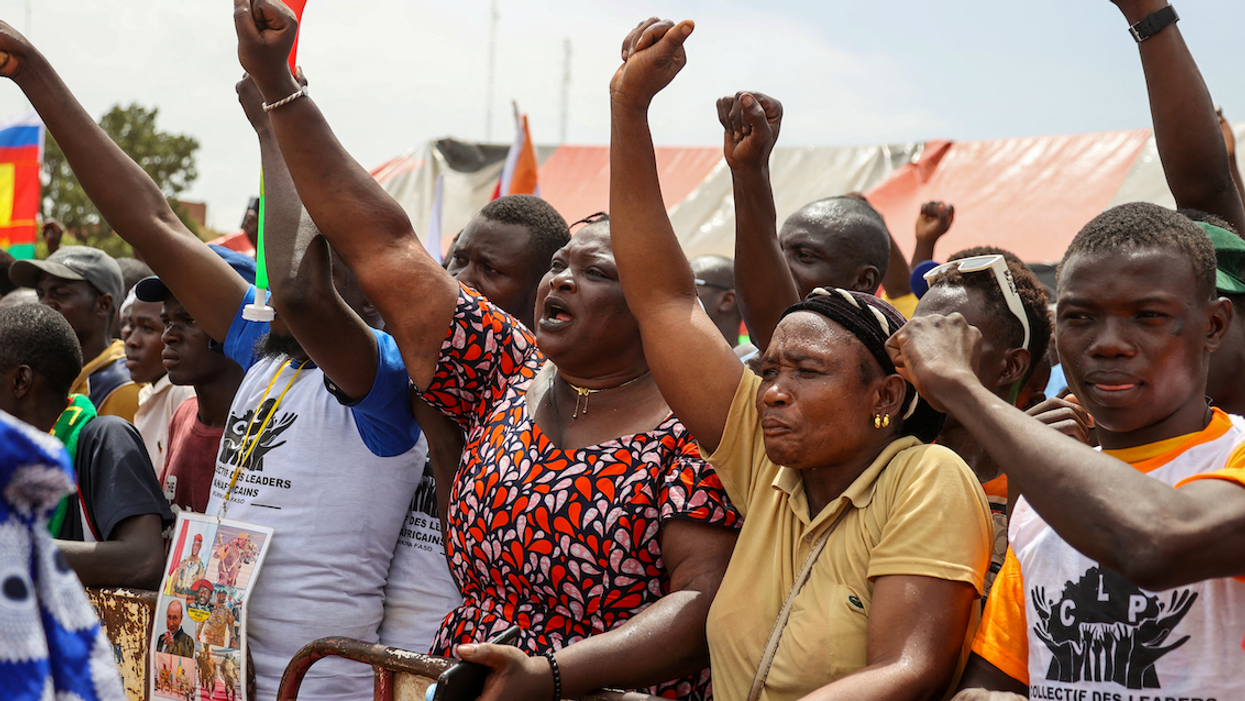Hard Numbers
Hard Numbers: Trump adds to travel-ban list, China lowers tariffs on EU pork, Alaskan rivers turning orange and red, Panama Canal deal hits impasse
5: US President Donald Trump added five new countries – Burkina Faso, Mali, Niger, South Sudan, and Syria – to the list of nations banned from traveling to the US.
Dec 17, 2025
